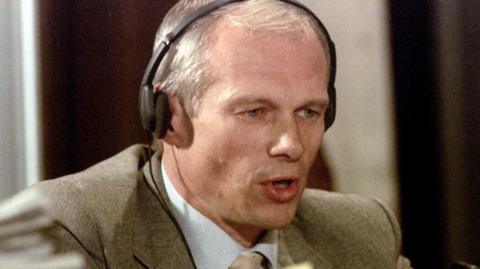Walus moved from Poland to South Africa in 1981 and was granted citizenship, which was revoked after his murder conviction.
He was initially sentenced to death, along with his co-defendant Clive Derby-Lewis, but the sentence was commuted to life sentence after South Africa abolished the death penalty.
He told the Truth and Reconciliation Commission tribunal in 1997 he had killed Hani to "to plunge the country into a state of chaos which would allow the right to take over".
Walus added that his experiences under communist Poland contributed to his decision to murder Hani.
At the time, many feared the assassination of Hani would start a race war. Some say it nearly derailed South Africa's transition to democracy.
ANC secretary general Fikile Mbalula said at a press briefing that Walus had "deprived South Africa of one of its greatest leaders".
He added that his deportation without a "full confession of his actions and conspiracies is an injustice".
Mbalula called for a comprehensive inquiry into the killing to "expose the full scope of the crime". The South African Communist Party has echoed the same sentiments.
Walus has become an infamous figure for the far-right spaces in Poland. His face has been printed on scarves, T-shirts and posters. This merchandise has even been sold in South Africa.
A journalist who interviewed Walus for a book said extremists in the country saw him as "the great hope of the white race".
Walus has never expressed remorse for the killing of Hani.

